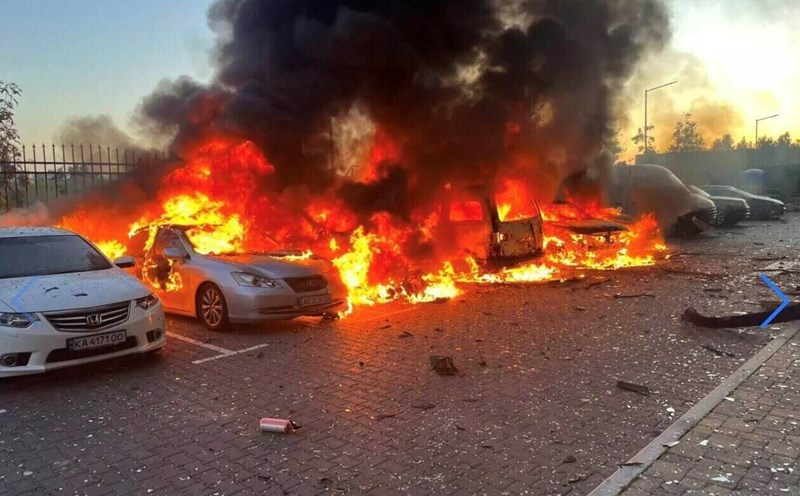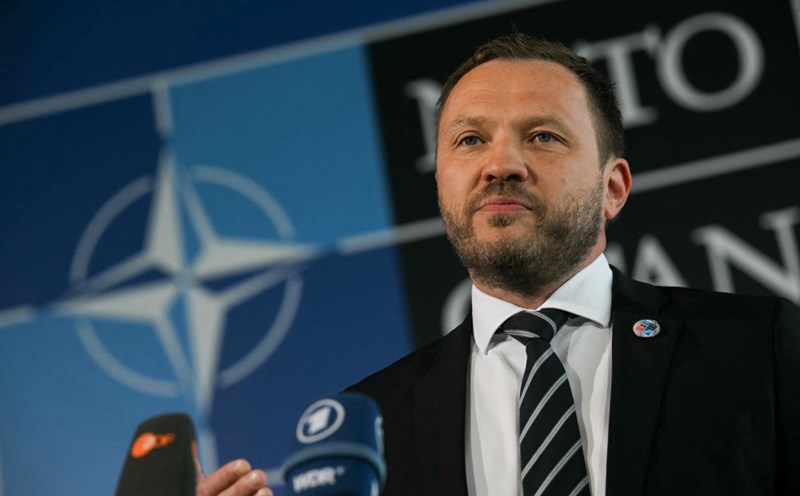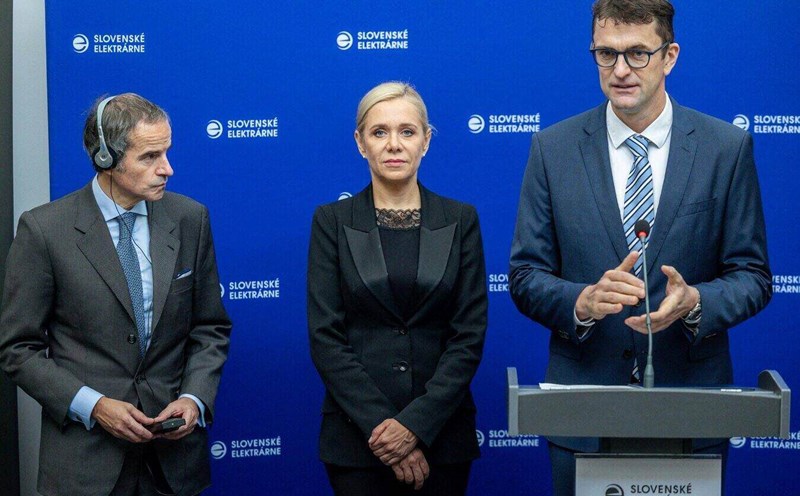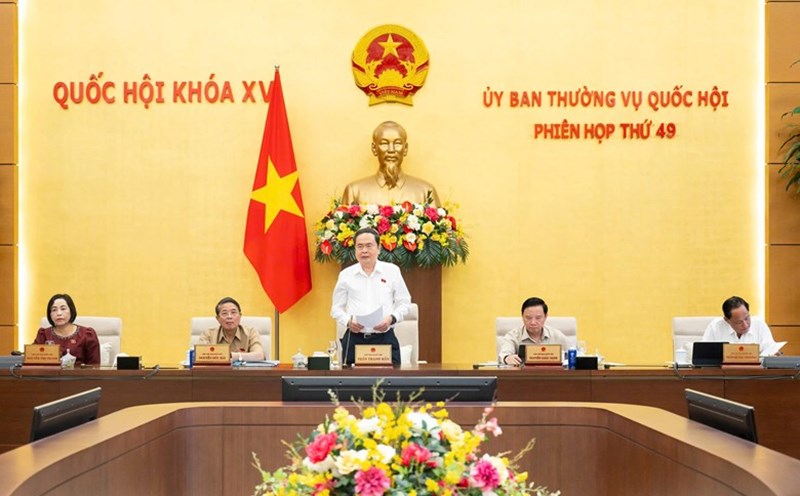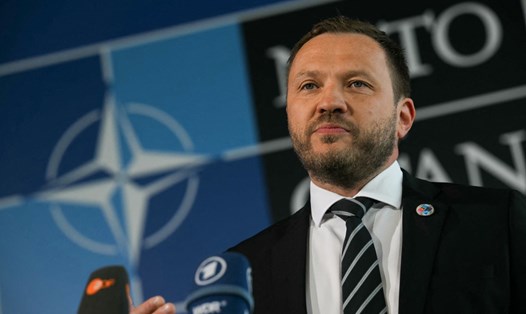This week, President Vladimir Putin said that the Kremlin is considering reasonable measures for the rich in Russia, such as increasing dividend tax or increasing tax rates for luxury goods.
He pointed out that during the war, some countries "increased taxes targeting high-income people specifically".
The move comes as the latest figures showed Russia's national asset fund at $26.4 billion in June. This figure has fallen from a peak of more than $ 140 billion when the conflict in Ukraine broke out in 2022.
The Russian government is expected to announce the proposed tax increase in the draft budget submitted to the parliament on September 29.
Capital Economics said that the Russian economy is forecast to grow below 1% this year and in 2026, slower than the 4.3% increase recorded last year. The Russian Central Bank also expects the country's growth to be below 2%.
Lower oil prices and increasingly severe sanctions could see Russian oil and gas sales fall by a factor of 4, affecting the country's main source of revenue.
Russia has increased income tax on high-income people this year. At the time, Mr. Putin said that there would be no major changes to the tax system before 2030.
In early September, the Russian leader said the government should increase budget revenue by boosting productivity instead of taxing.
However, the budget deficit in Russia is increasing. The Russian Finance Ministry initially expected the deficit to be 0.5% of GDP this year, but later raised the estimate to 1.7%.
Private sector forecasters see the figure as high as 3%. Spending surged 21% in the first four months of the year, with revenue increasing by just 5% while oil and gas revenue falling by 10%.

